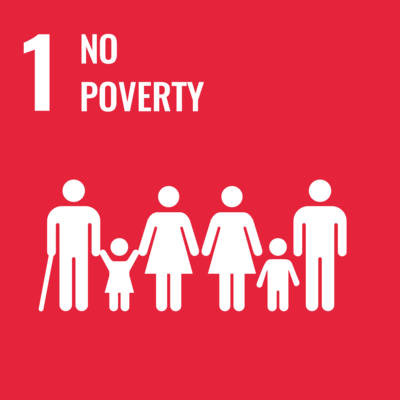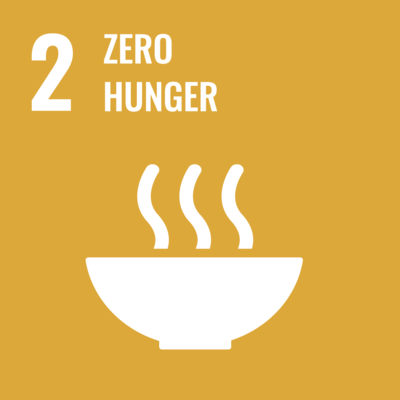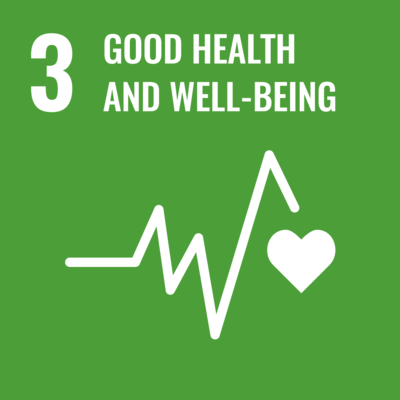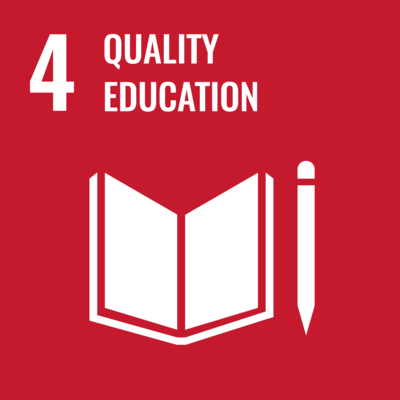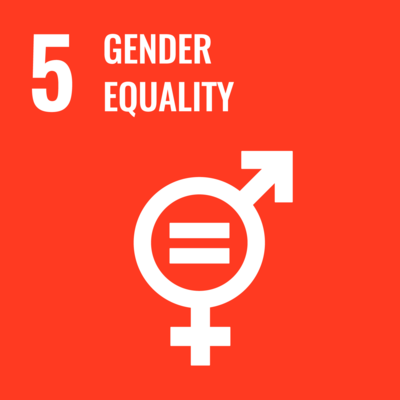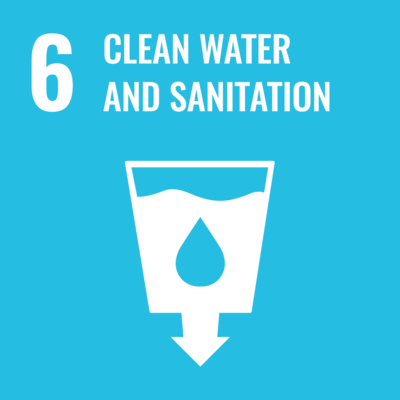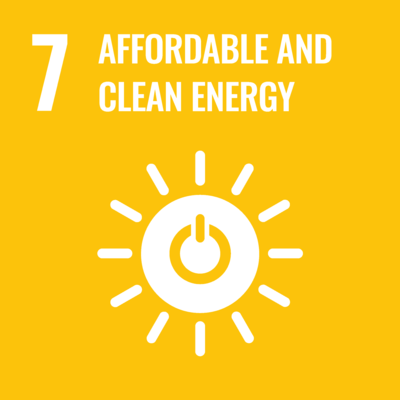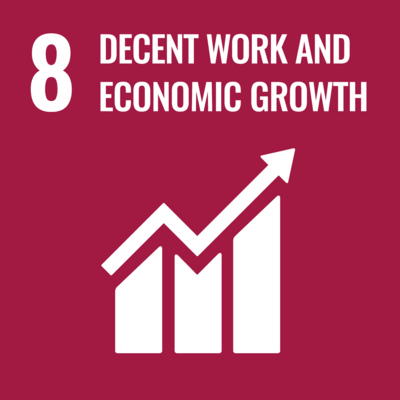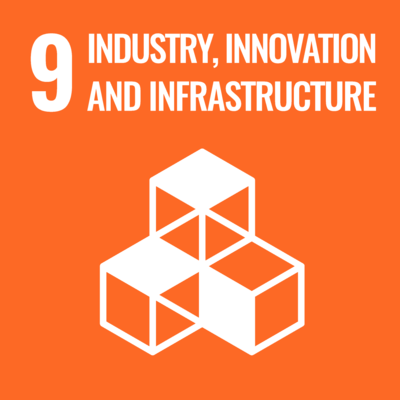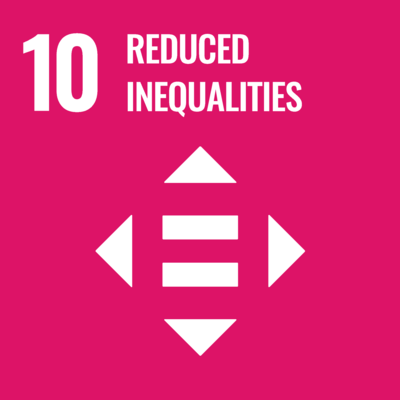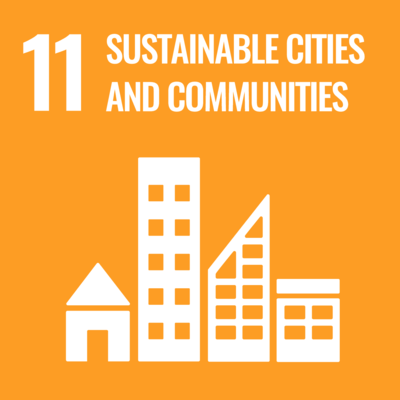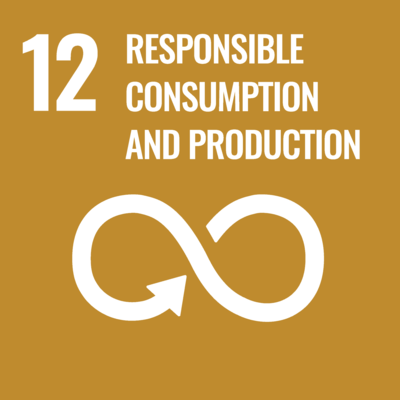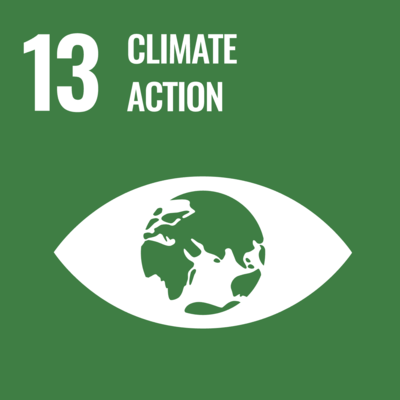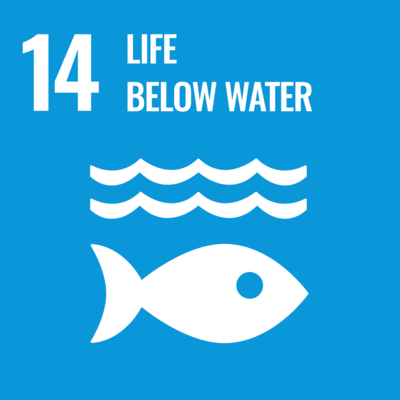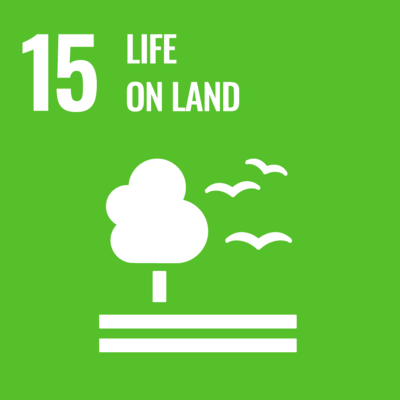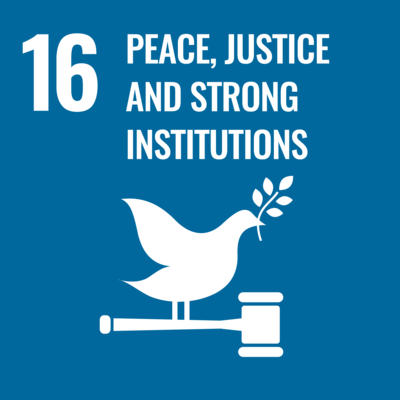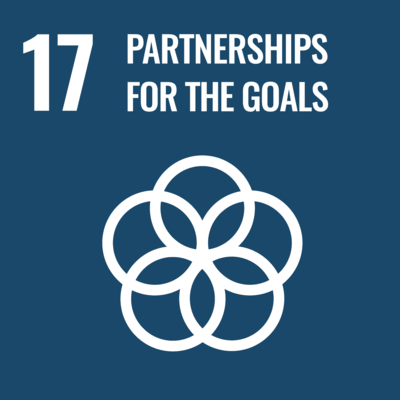SDG 6.5.5 Cooperation on water security
1. NCUE actively collaborates with various levels of government and relevant units to jointly promote water resource safety and protection. Through multiple projects and free activities, the school particularly emphasizes the management and sustainable development of coastal and freshwater resources, striving to improve local water resource utilization and protect the ecological environment.
(1) Local and Regional Cooperation: NCUE collaborates with the Changhua County local government and Aquaculture Development Association to conduct water quality testing and manage aquaculture water source safety. Through the "Beautiful and Treasured Clams in Fangyuan and Dacheng: Sustainable Industry and Environment Project of Changhua’s Two Cities Amid Climate Change" project, the school conducts water quality surveys of fishponds and coastal waters, and monitors the upper, middle, and lower reaches of rivers to ensure water source safety. Simultaneously, through educational activities, we raise local community awareness of water resource protection and promote local non-toxic, eco-friendly aquatic products.
(2) International Exchange: Professor Peiwen Lu from the Department of Geography invited faculty and students from the University of Washington, USA, to visit Taiwan’s water resource facilities, such as the agricultural water facilities in Dayou Community, Puyan Township, to discuss the integrated use of water resources and agriculture.
(3) Integration of Water Resources and Renewable Energy: The school actively explores the integrated use of water resources and renewable energy. Professor Peiwen Lu from the Department of Geography led faculty and students on a visit to Mingtan Reservoir in 2023, learning how to achieve the dual goals of water resource protection and renewable energy through reservoir management, further supporting regional water security development. Additionally, they visited Long Fong Fishing Port to discuss coastal community water resource management issues, promoting international exchange of water security knowledge.
Through these collaborative projects, NCUE actively participates in water resource safety and protection, contributing to the promotion of sustainable water resource utilization.
2. Explanation of various project activities:
(1) Professor Peiwen Lu from the Department of Geography has joined multiple programs on water safety launched by the Water Resources Agency, Ministry of Economic Affairs (Figure 1-4).
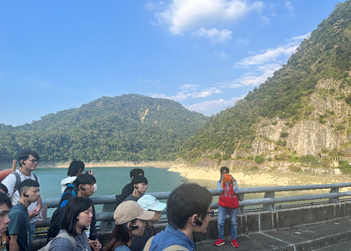
Figure 1: Visiting Mingtan Reservoir to understand the integrated use and management of water resources and renewable energy (2023)
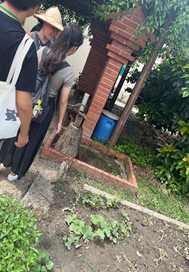
Figure 2: Leading faculty and students from the University of Washington, USA, to visit the community agriculture and water facilities in Dayou Community, Puyan Township (2023)
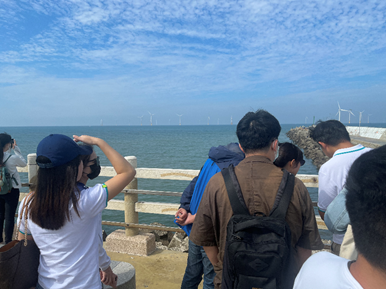
Figure 3: Visiting Long Fong Fishing Port: Coastal community issues in the context of just transition (2023)
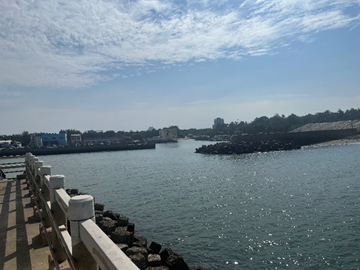
Figure 4: Visiting Long Fong Fishing Port: Coastal community issues in the context of just transition (2023)
(2) NCUE’s "Beautiful and Treasured Clams in Fangyuan and Dacheng: Sustainable Industry and Environment Project of Changhua’s Two Cities Amid Climate Change" project:
(a) Fangyuan Township, located in the southwest of Changhua County, close to the sea, is the second largest administrative area in the county, and boasts of an illustrious history. It also has the largest wetlands in the intertidal zone in Taiwan. At the mouth of the Jhuoshuei River, the township has a six-kilometer coastline, and is an emblematic Taiwanese fishing village that connects to the local rivers and faces strong northeast monsoon. Clam aquaculture is the largest industry in the area. In recent years, environmental problems, such as pollution of coastal wetlands and climate change, have had a tremendously negative impact on local industries. Therefore, it is crucial to promote environmental education to spread awareness about environmental protection. In response to the call of the Ministry of Education, NCUE has launched courses and activities to train local teachers in environmental education to assist in the joint focus on environmental issues (Figure 5). The statistics for class openings and participants in 2023 are shown in Table 1:
Table 1. 2023 Course/Activity Topics, Number of Sessions, and Participants
|
No. |
Course/Activity Topic |
Number of Sessions |
Number of Participants |
|
1 |
Clam Habitat Protection Activity |
2 |
36 |
|
2 |
Environmental Education Promotion at Aquaculture Development Association Member Conference |
1 |
300 |
|
3 |
Marine Seed Citizen Scientist Workshop |
1 |
34 |
|
4 |
Green Energy Field Study Course |
1 |
43 |
|
5 |
Marine Issues Exploration and Beach Cleaning Marine Waste Art Creation Workshop |
1 |
22 |
|
6 |
Caohu Environmental Education Activity |
1 |
500 |
|
7 |
Environmental Education Integration into Beach Survey Workshop |
1 |
24 |
|
8 |
Changhua Coastal Resources Workshop |
1 |
42 |
|
9 |
Caohu Junior High School Fish Education Workshop |
1 |
25 |
|
10 |
Beach Shellfish and Fish Education Workshop |
1 |
25 |
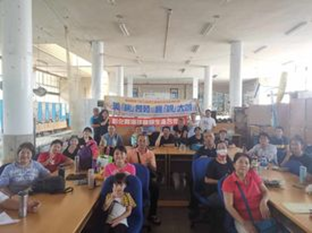
Figure 5: Participating in the Beach Shellfish and Fish Education Workshop with local residents
(b) Following the original water quality survey services of the 2022 " Deeply cultivate Fangyuan and join hands with Dacheng: Changhua Twin Cities’ Industry and Environmental Sustainability Pilot Project”, we have expanded our services and surveys beyond the Changhua Aquaculture Development Association’s fishponds, coastal water intake channels, and groundwater wells. Based on stakeholder feedback from the USR project, we have increased services for golden clam producers and expanded survey areas. This includes the upper, middle, and lower reaches of rivers that serve as water sources for fishponds, maintaining and monitoring the safety of water resources for aquaculture operators and coastal areas. All of these services are provided free of charge. Simultaneously, through educational activities, we raise local community awareness of water resource protection and promote local non-toxic, eco-friendly aquatic products. Related activity photos are shown in Figure 6 and Figure 7.
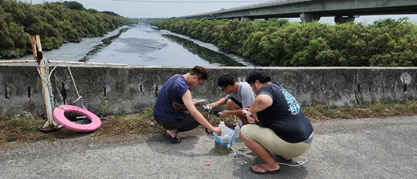
Figure 6. 2023/06 Water Quality Survey Team - The Department of Biology’s 2023 USR project implementation, investigating water quality in the upper, middle, and lower reaches of rivers.
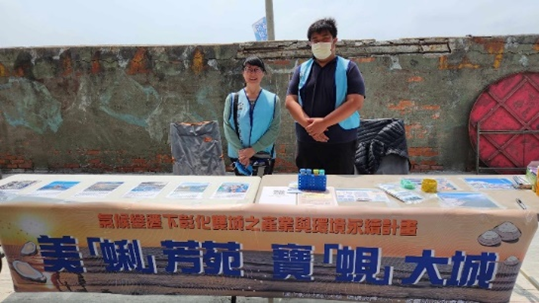
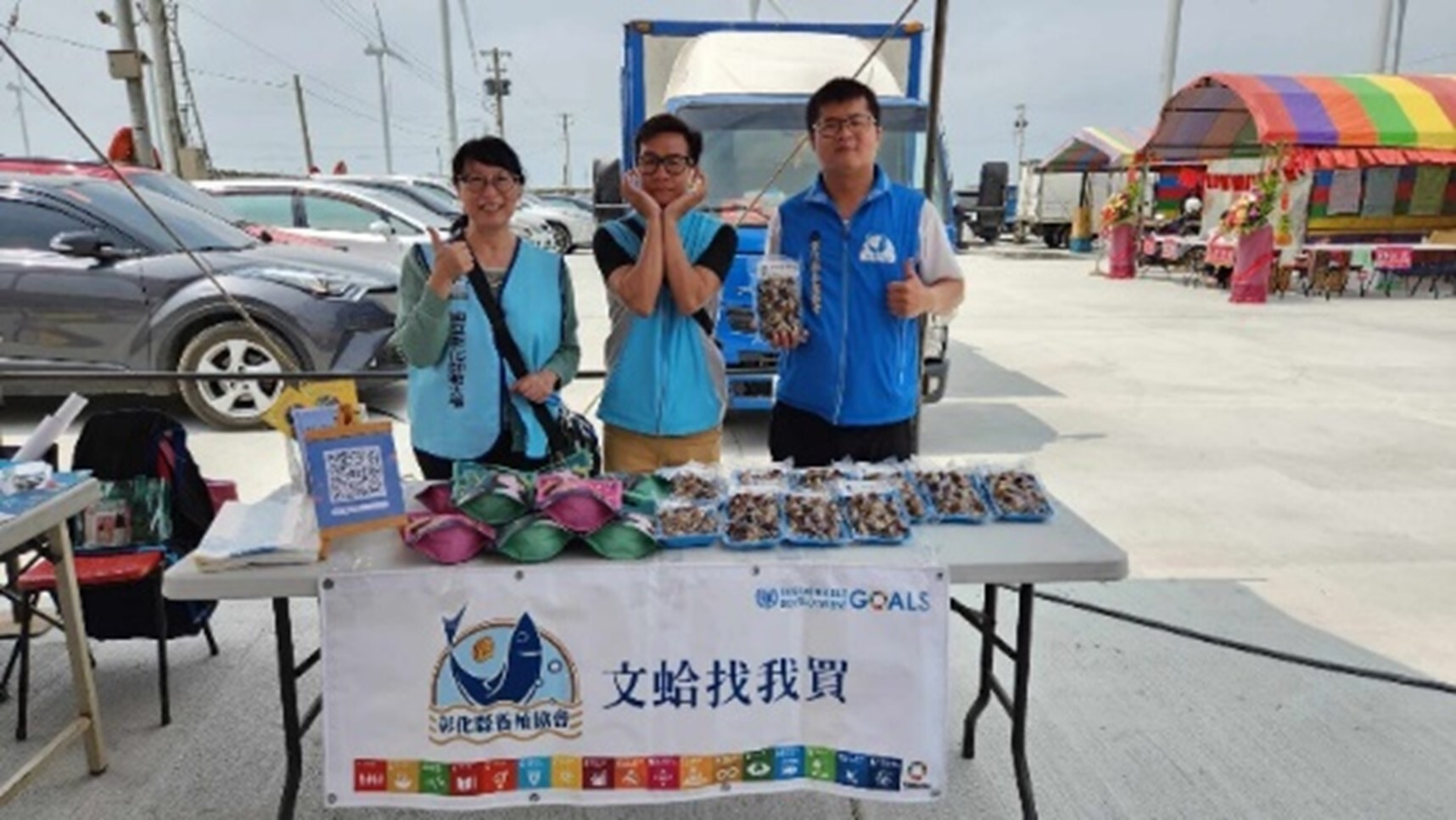
Figure 7. 2023/03 Changhua Aquaculture Development Association Grand Opening Celebration, assisting the association in promoting eco-friendly, non-toxic high-quality aquatic products.
Link to the FB page of the projects:
https://www.facebook.com/NCUEUSR/photos/?tab=album&ref=page_internal
(c) "Sustainable Development and Practices of Coastal Biological Resources": The course includes workshops on "The Application of Beneficial Bacteria in Aquaculture" and "Aquaculture and Greenhouse Gases". Participants include course students, teachers, local aquaculture operators, and organizations, working together to maintain the health and sustainability of local aquatic ecosystems. Related activity photos are shown in Figure 8 and Figure 9.
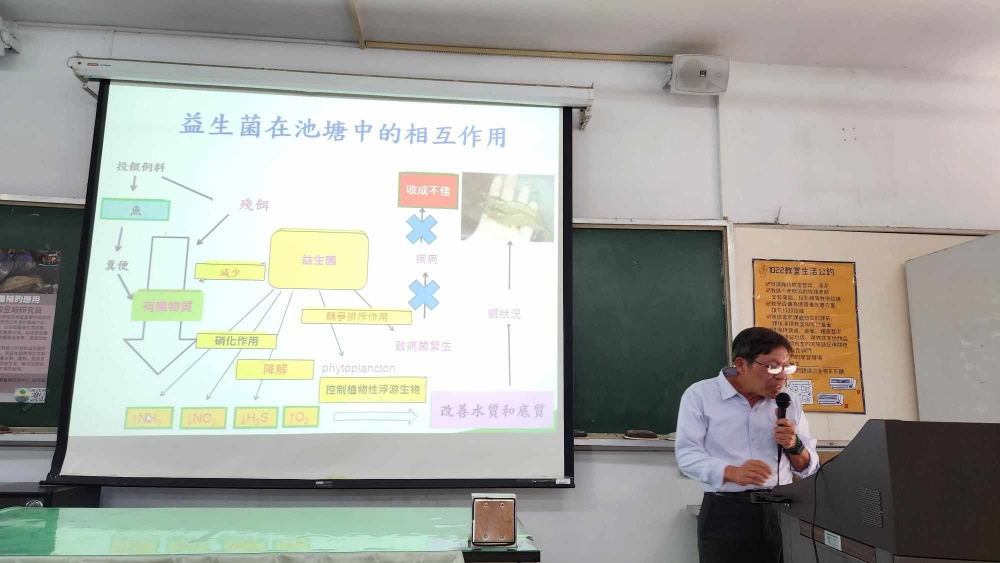
Figure 8. 2023/03 Course workshop where faculty, students, and aquaculture operators learn about and promote the use of beneficial bacteria to maintain good water quality and improve aquatic product quality.
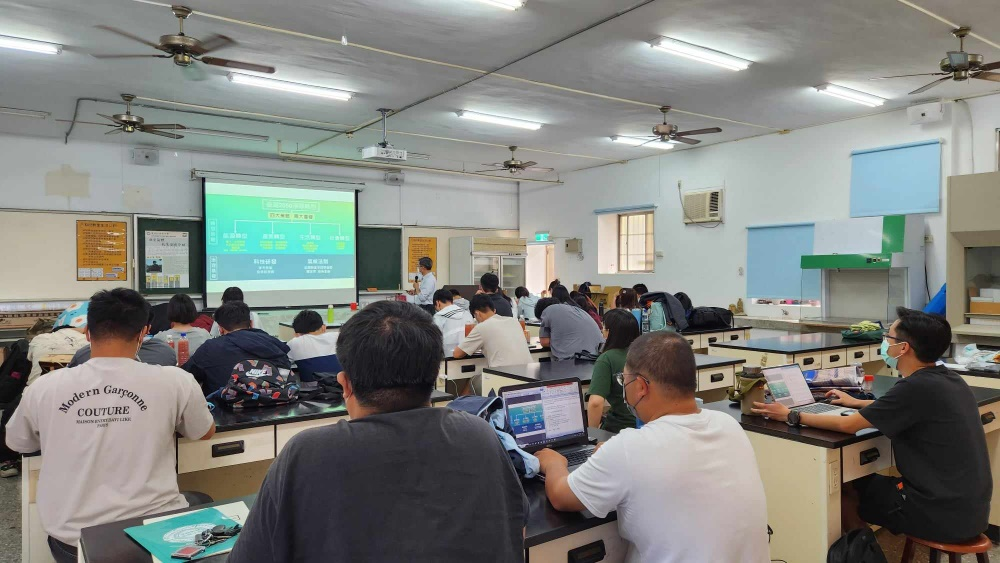
Figure 9. 2023/04 "Aquaculture and Greenhouse Gases" course, with participants including students, teachers, and local aquaculture operators and organizations, promoting environmentally friendly low-carbon production strategies to jointly maintain the health and sustainability of local aquatic ecosystems.
(d) Reference URLs:
i. "Beautiful and Treasured Clams in Fangyuan and Dacheng: Sustainable Industry and Environment Project of Changhua’s Two Cities Amid Climate Change" Project Website: https://www.facebook.com/NCUEUSR/
ii. "Beautiful and Treasured Clams in Fangyuan and Dacheng: Sustainable Industry and Environment Project of Changhua’s Two Cities Amid Climate Change" - Album URL: https://www.facebook.com/NCUEUSR/photos/?tab=album&ref=page_internal

